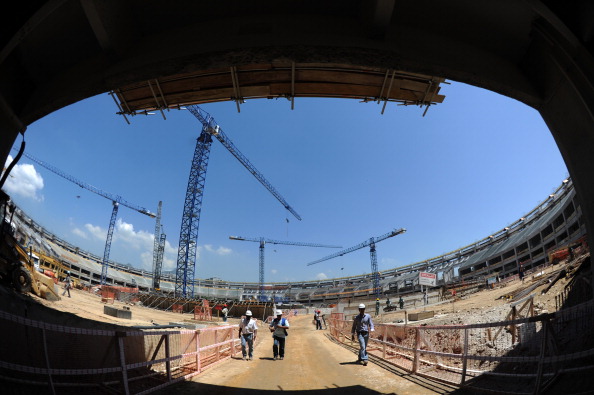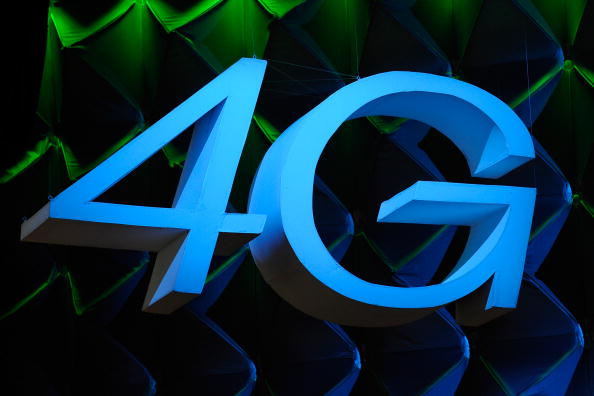By David Gold
April 23 – Brazil’s national telecommunications agency, ANATEL, has approved a bidding process to provide 4G signals to cities hosting games during the 2014 World Cup.
The rights auction is to take place in June, with those cities hosting Confederations Cup games next year – Fortaleza, Belo Horizonte, Brasília and Rio de Janeiro (pictured below, the city’s Maracanã Stadium) – receiving 4G by April 2013.
World Cup venues Recife and Salvador may also be furnished with the signals at the same time, although this has yet to be confirmed.
The remaining World Cup host cities will receive 4G by the end of 2013, and it is anticipated that all Brazilian capital cities and municipalities with more than 500,000 residents will have the technology by December 2014.
The news is a welcome fillip for Rio de Janeiro, which hosts the 2016 Olympic and Paralympics, with the city set to receive 4G technology more than three years before those Games begin.
The move also serves a major step forward in enabling the World Cup to provide a tangible legacy to Brazil, with 4G communications speeds being 10 times faster than 3G.
Brazil’s Government is investing up to 200 million reals (£67.8 million/$108 million/€82.3 million) in the programme.

It is reported that some of Brazil’s biggest communications providers, including Telefônica Brasil, TIM Participações, América Móvil SAB, Oi SA and NII Holdings, will be among the bidders.
The auction has already been through a public consultation and the companies winning the rights to provide the signal will have to use 60 per cent Brazilian-made equipment in their networks from 2012 to 2014.
This percentage will increase to 65 per cent between 2017 and 2022, thereafter rising to 70 per cent.
ANATEL said in a statement: “Through a public bidding process to bring the 4G service to all World Cup cities, we are sending a message that Brazilian infrastructure is a sound investment.
“Carriers already in Brazil will be able to utilise their existing infrastructure to offer broadband service in small municipalities while still using third-generation technology (3G).
“Auction winners, whether domestic or foreign, will be required to utilise a percentage of Brazilian-made equipment in their networks.”
Contact the writer of this story at zib.l1745206677labto1745206677ofdlr1745206677owedi1745206677sni@d1745206677log.d1745206677ivad1745206677

